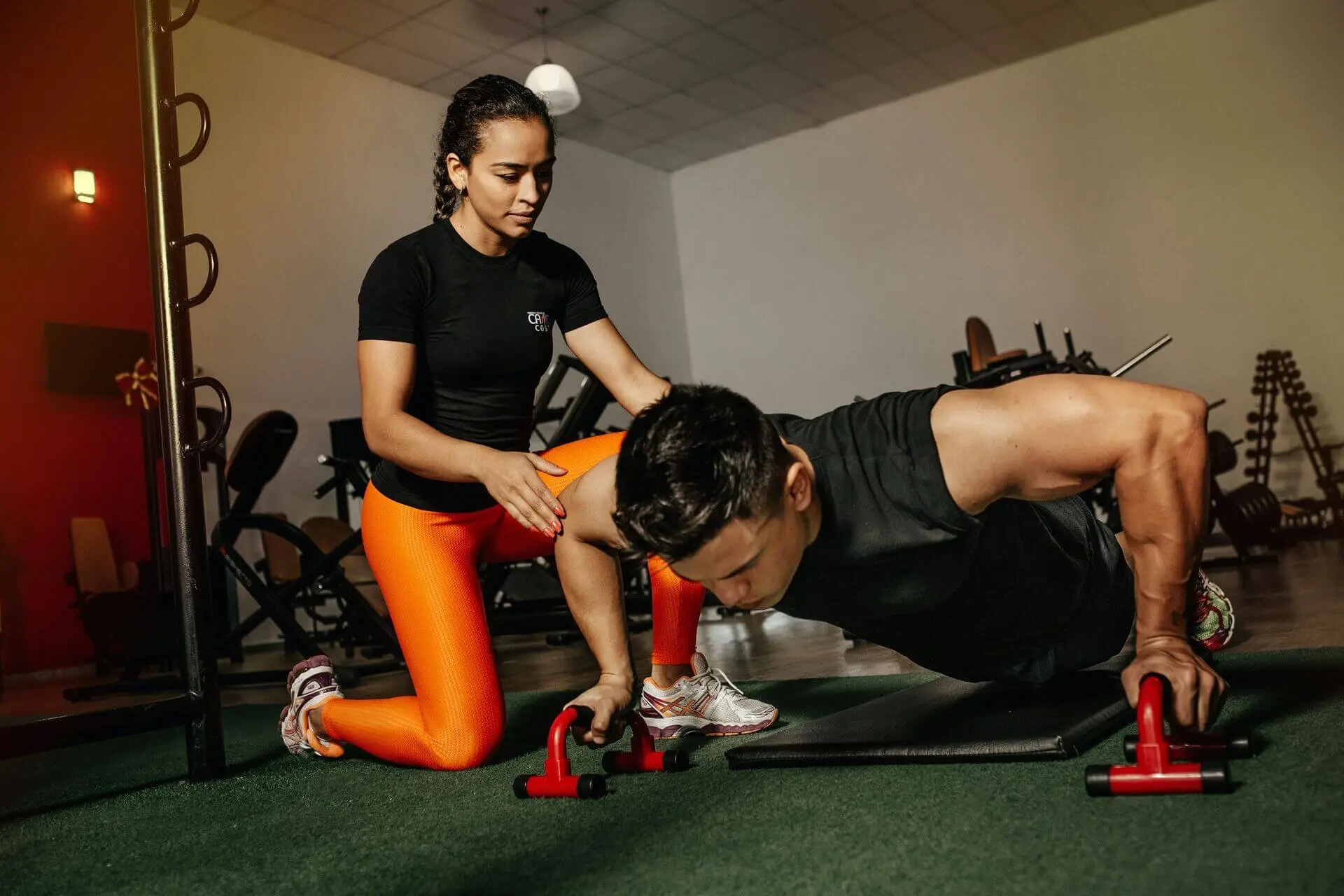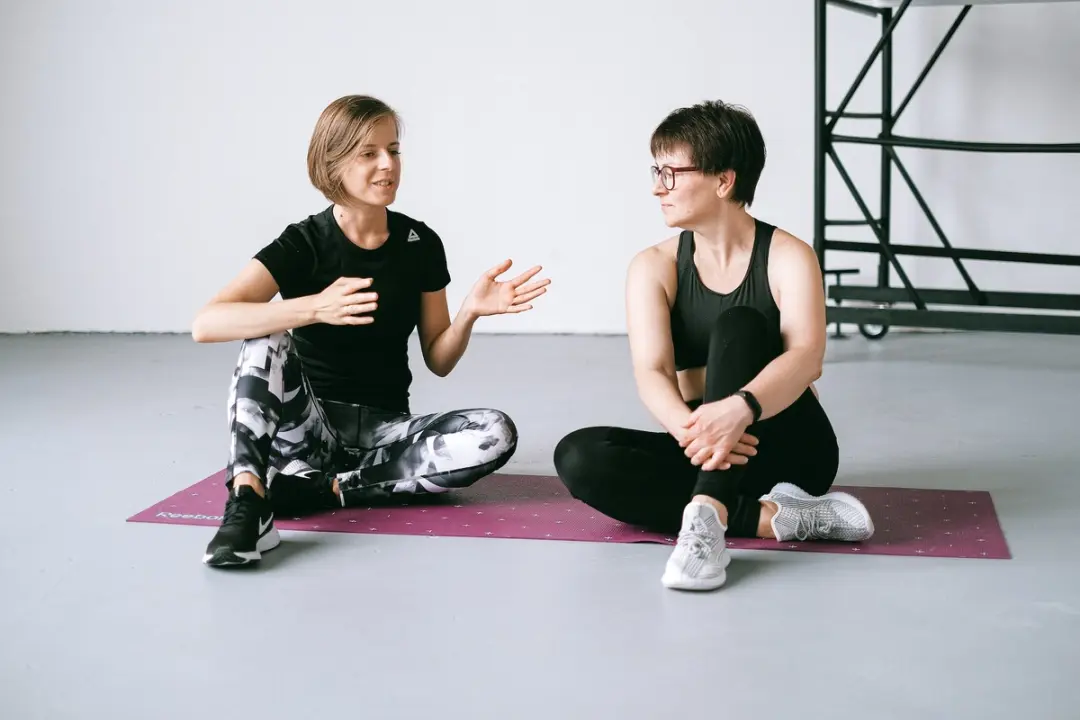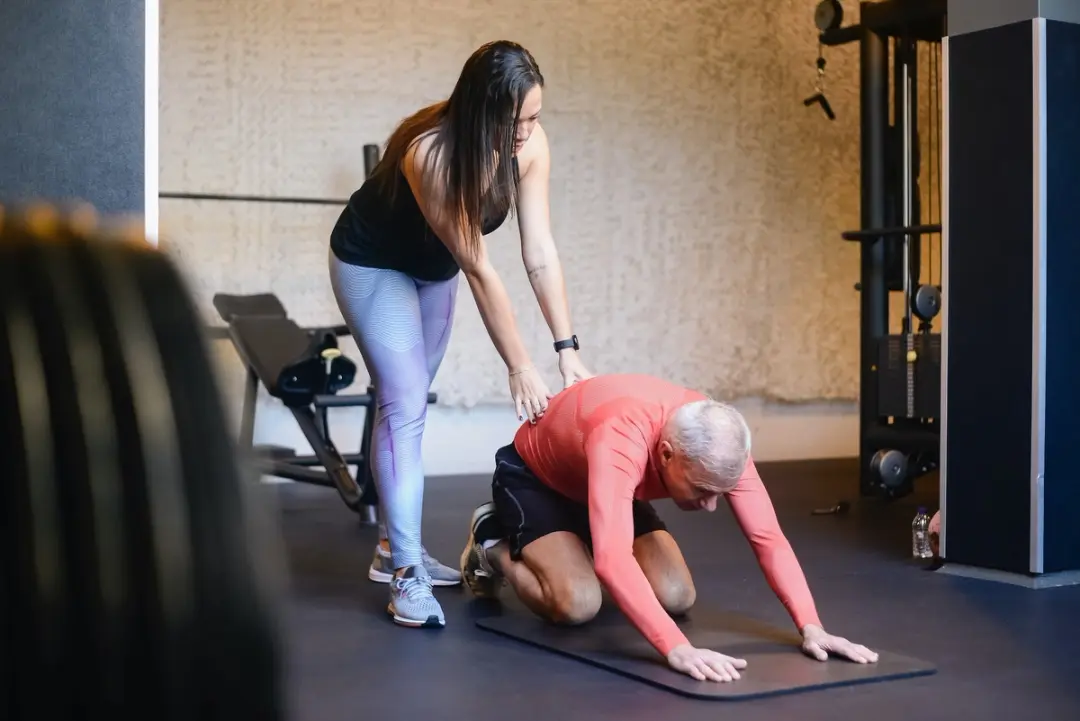The education of a personal trainer. How important is it?
Not all personal trainers have the same education. Here you can read about the importance of the education of a personal trainer.


Øyvind Bringedal
Publisert: 09-02-2022
Table of contents
1. Introduction
2. Different types of education
3. The education of a personal trainer - how important is it?
Introduction
Many people may think that all personal trainers have the same education, but this is not the case. The range is wide; from personal trainers with one year of education to those with master's or doctoral degrees. There are also personal trainers with education across several fields, such as sports and physiotherapy. The question we will address here is how much weight should be placed on the education of a PT?
Different types of education
Different types of education Before we start discussing how much weight should be placed on the education of a personal trainer, let's look at some main lines of education for personal trainers. Contrary to what many may believe, not all personal trainers have the same education.
One-year studies
Perhaps the most common education among personal trainers is one-year studies in personal training. Here you acquire basic knowledge in, for example, training science, coaching, building training programs, nutrition, and injury prevention. The study includes both theory and practice. Typically, this study attracts young people who are more interested in training than average.
Bachelor's or master's degree
Some personal trainers have a bachelor's or master's degree in sports. This may be someone who has studied at the Norwegian School of Sport Sciences. Of course, those who have a bachelor's or master's degree in sports will have more meat on their bones than those who only have a one-year study behind them.
Doctoral degree
A few personal trainers actually have a doctorate in sport/training. This is an education that involves several years of school with strict academic requirements. People with a doctorate have typically specialised in a particular area of sport/training.
Education across fields
As we mentioned at the beginning, some personal trainers have education from different fields. Typical combinations here are sport and nutrition, sport and physiotherapy, or sport and coaching. Personal trainers with such a background will often have a broader perspective on training than those without.
The education of a personal trainer - how important is it?
An essential question when answering the question of how important the education of a personal trainer is, is what one wants to get out of a personal trainer. Many hobby athletes simply want a personal trainer to get started with training. As a rule of thumb, one can say that the education of a PT is less important in such cases. Then it may be more important how good the PT is at motivating you or following up that you actually get to training and do what you should do. Other important things can be that the PT can push you or create a relationship consisting of a suitable mix of coach and friend. Such properties usually apply a little independently of the level of education, and are properties that the PT may have acquired in other ways throughout life. However, we do not disregard that such and similar properties can also be built up through education, but we still claim that these are skills that can be found in many PTs with short education as well. When this is said, however, we would like to point out a special case where the education of PTs can also be very important for hobby athletes. Namely, cases where one needs special training due to health or injuries. We are of course not talking about cases with for example a sore toe or that one has a little little flexibility in the hamstring. PTs with a year of study behind them have received basic training in injuries, health and injury prevention, and will be able to adapt the training to minor injuries and health problems. What we are talking about is more serious health problems that require a tailored training program by someone with special expertise. In such cases, we would actually recommend talking to a doctor in advance of training.
In addition to cases with health problems and injuries, there is another case that we want to point out where the level of education of the PT you choose can be of great importance. Namely, cases where you want to achieve extreme results. For example, you might be very overweight and want to lose weight quickly, or you might be training to participate in competitions at the national or international level. Often, these extreme results require help from people with specialized knowledge in sports, anatomy, how the body works, and related areas. Both to ensure that you actually achieve the results, but also to prevent injuries or health problems along the way. Things like top-level sports and extreme weight loss can actually be dangerous if you don't know what you're doing.
You may be thinking, "What about me? I am neither a hobbyist struggling to get to the gym nor an elite athlete, but I want to improve my training results." In these cases, things become more nuanced. As a rule of thumb, a higher level of education for a personal trainer increases the likelihood of a correct and successful training regime. However, it is not the case that one cannot achieve very good results with a personal trainer with a shorter education. There are personal trainers with shorter educations that have an incredible ability to motivate, coach, and systematize training. It should not be forgotten that many personal trainers have devoted their lives to training and physical movement, and may have gained much experience outside of universities and colleges. For example, one can imagine a personal trainer who has attended a sports high school and has been trained by elite coaches. This person has obviously learned a lot about sports and training, even if the formal papers from a college or university are missing. In such cases, it may be more about finding the right personal trainer for you, regardless of the education level of the PT. Things like chemistry, how well the PT is able to motivate and inspire you, and what background they have, can be important considerations here. And of course, there is also an economic question of how much you want to invest in a personal trainer?
Les også

How to succeed as a personal trainer?
Øyvind Bringedal
Publisert: 12-31-2022
Read more →

How often should one use a personal trainer?
Øyvind Bringedal
Publisert: 12-21-2022
Read more →

Personal trainer
Øyvind Bringedal
Publisert: 12-11-2022
Read more →